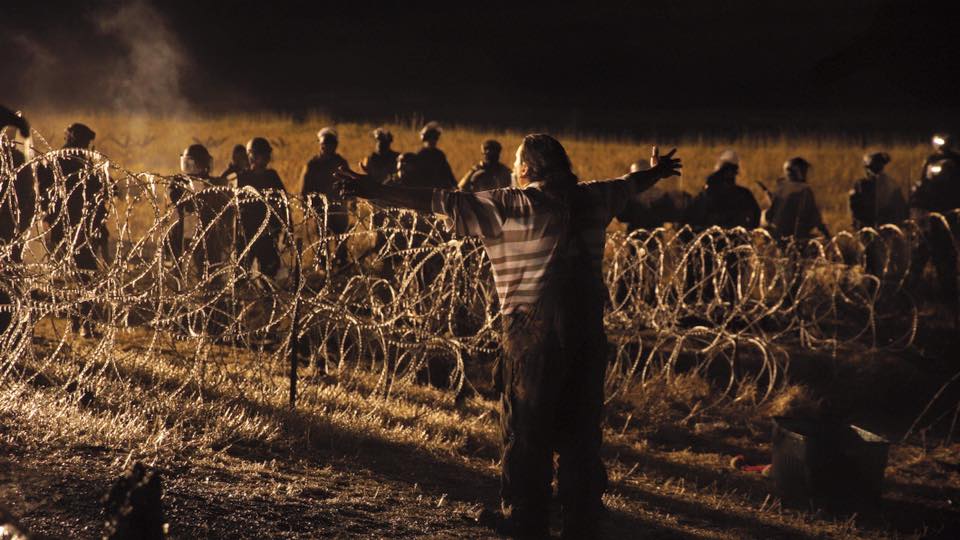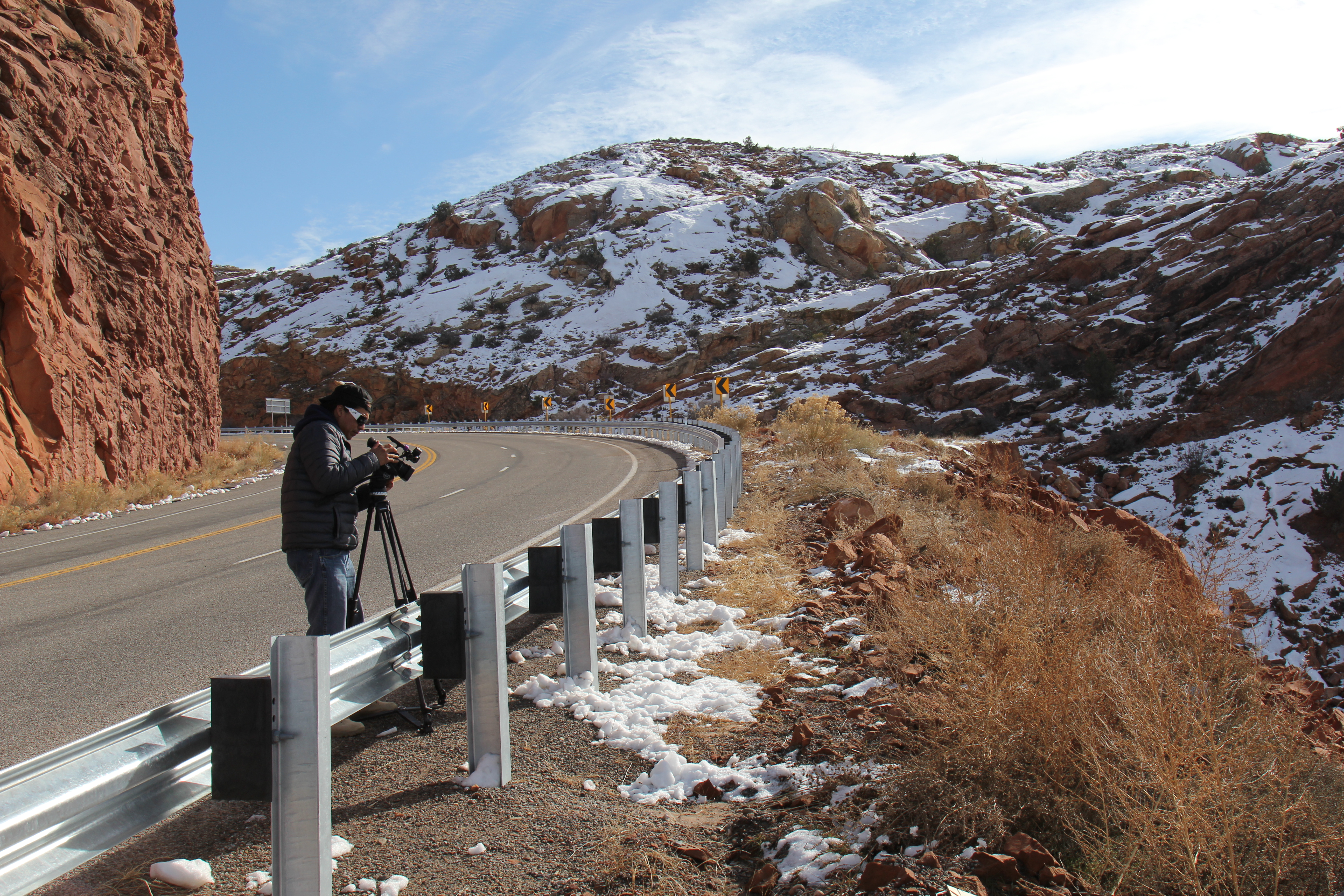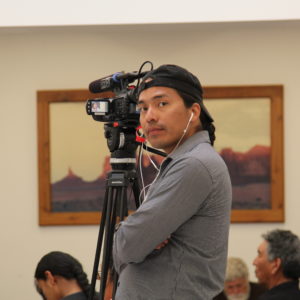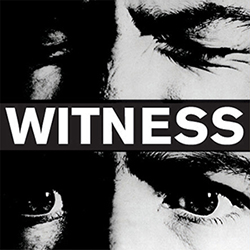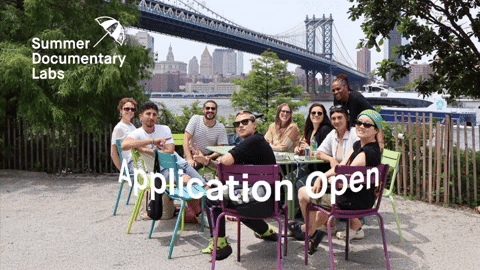Jan 12, 2017 at 7:30 pm
Broadening the Lens on Indigenous Resistance
Discussion moderated by Melvin Estrella with Julie Bridgham, Angelo Baca, and Matt Peterson will follow the program.
In this session we lay out the main ideas for the coming year; what are roles for human rights filmmaking in the face of our deeply divided country, and how do we build and strengthen human rights media in this new era? Reflecting the historic organizing and resistance to the Dakota Access Pipeline spearheaded by the Standing Rock Sioux people we will highlight several media makers who have been involved in this resistance. We are interested in discussing the relationship between human rights media making and the organizing of resistance movements. What does this collaboration look like and how does it work? Who has final cut, and who has content control? In what way is media used to further the organizing, and does it help to bridge ideological divides?
This program is a part of our monthly series BK@24FPS with Skylight Pictures where we explore documentary as a way to expand dialogue around the intersection of human rights and art.
Program
Work from Angelo Baca & Jacqueline Hazen
20 min.
Work From Julie Bridgham & Amber Fares
20 min.
Work From Matt Peterson
20 min.
60 min
Angelo Baca, Navajo and Hopi filmmaker, is a doctoral student in NYU’s Anthropology department. He is also a graduate of the Native Voices Program at the University of Washington and has done numerous documentaries and collaborative works with other filmmakers. He has taught both Native American Literature and Native American Media courses. His research varies from indigenous food sovereignty and Native American health, to indigenous film and native youth development projects, including indigenous international repatriation and sacred lands protection, particularly around Bears Ears in southeastern Utah.
Julie Bridgham is an award winning Director and Producer of documentary film and television with over 15 years of experience. She was the Director and Producer for the multi-award winning documentary feature “The Sari Soldiers,” for which she was granted a Sundance Institute Documentary Fellowship, and was the recipient of the Nestor Almendros Prize for courage and commitment in human rights filmmaking. She has directed numerous documentary series and feature films that have taken her around the globe, and has produced for CBS, BBC, the Discovery Channel, TLC, and the Travel Channel, among others. She lived in Nepal for over seven years, where she produced and directed films for the United Nations World Food Programme and The Nepal Youth Foundation, in addition to “The Sari Soldiers”, and the feature documentary in-progress “At the Edge of Sufficient.” Prior to working in documentary film and television she was a Project Officer with the United Nations for the project “Ecologically Sustainable Industrial Development” in Costa Rica, and was a researcher for the human rights organization Andean Information Network in Bolivia. Most recently, Julie is the Producer and Director for the interactive trans-media documentary “Shifting Borders” following Nepali migrant workers in Qatar, and is an Executive Producer for the feature documentary “Drawing the Tiger.”
Matt Peterson has been working with Malek Rasamny since 2014 on The Native and the Refugee, a multi-media documentary project profiling the spaces of the Indian reservation and Palestinian refugee camp. This work has been shown in Jordan, Lebanon, Palestine, Syria, and in native territories throughout North America. In 2014 he completed a feature film on the Tunisian insurrection, Scenes from a Revolt Sustained. His writings have appeared in the Brooklyn Rail, Death+Taxes, Electronic Intifada, Evergreen Review, Idiom, The L, Muftah, the New Inquiry, the New York Press, and ROAR. He was a member of the collectives Red Channels and the 16 Beaver Group, and is currently part of a commune in New York called Woodbine.



